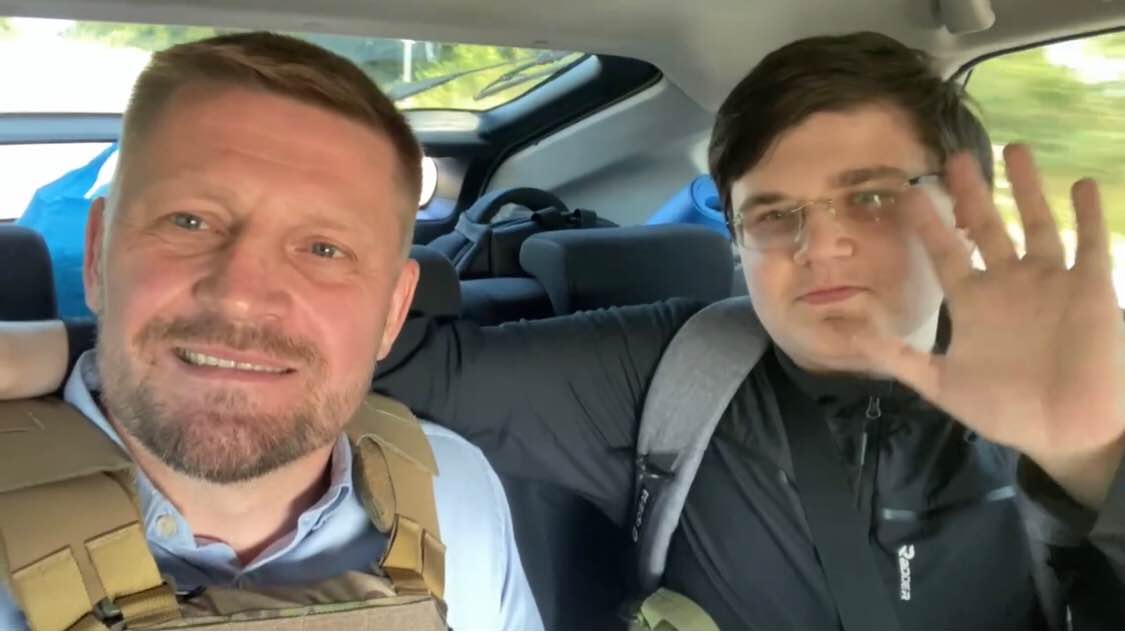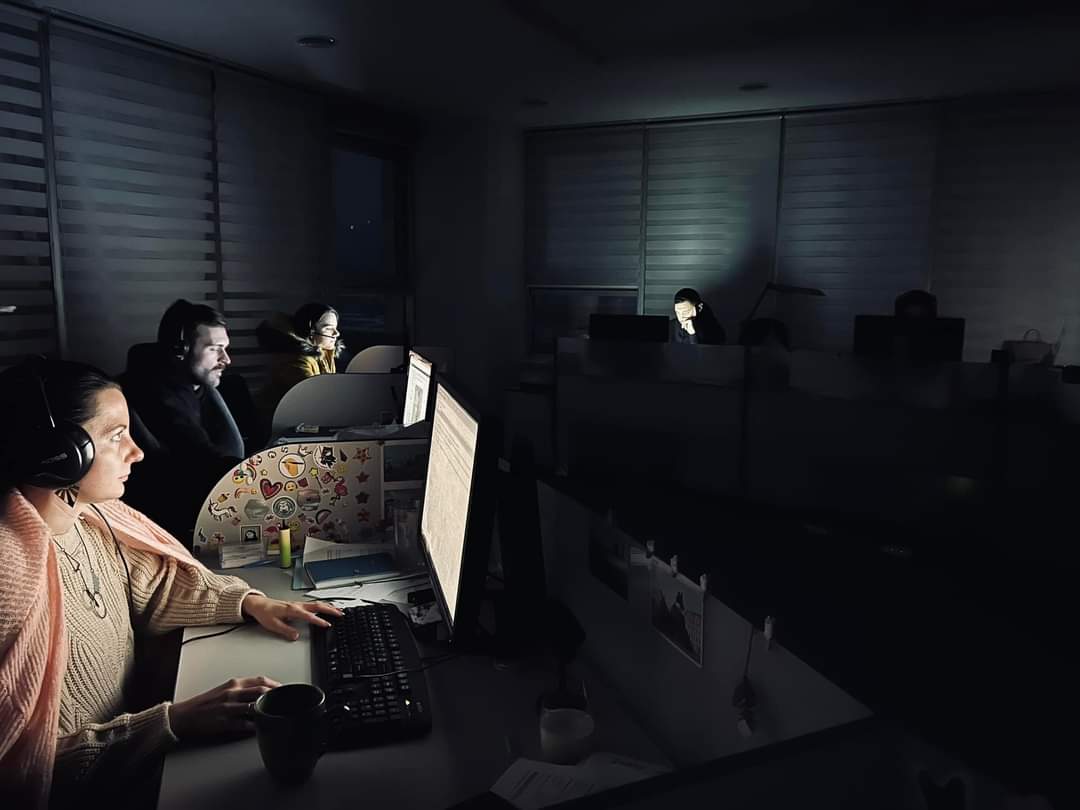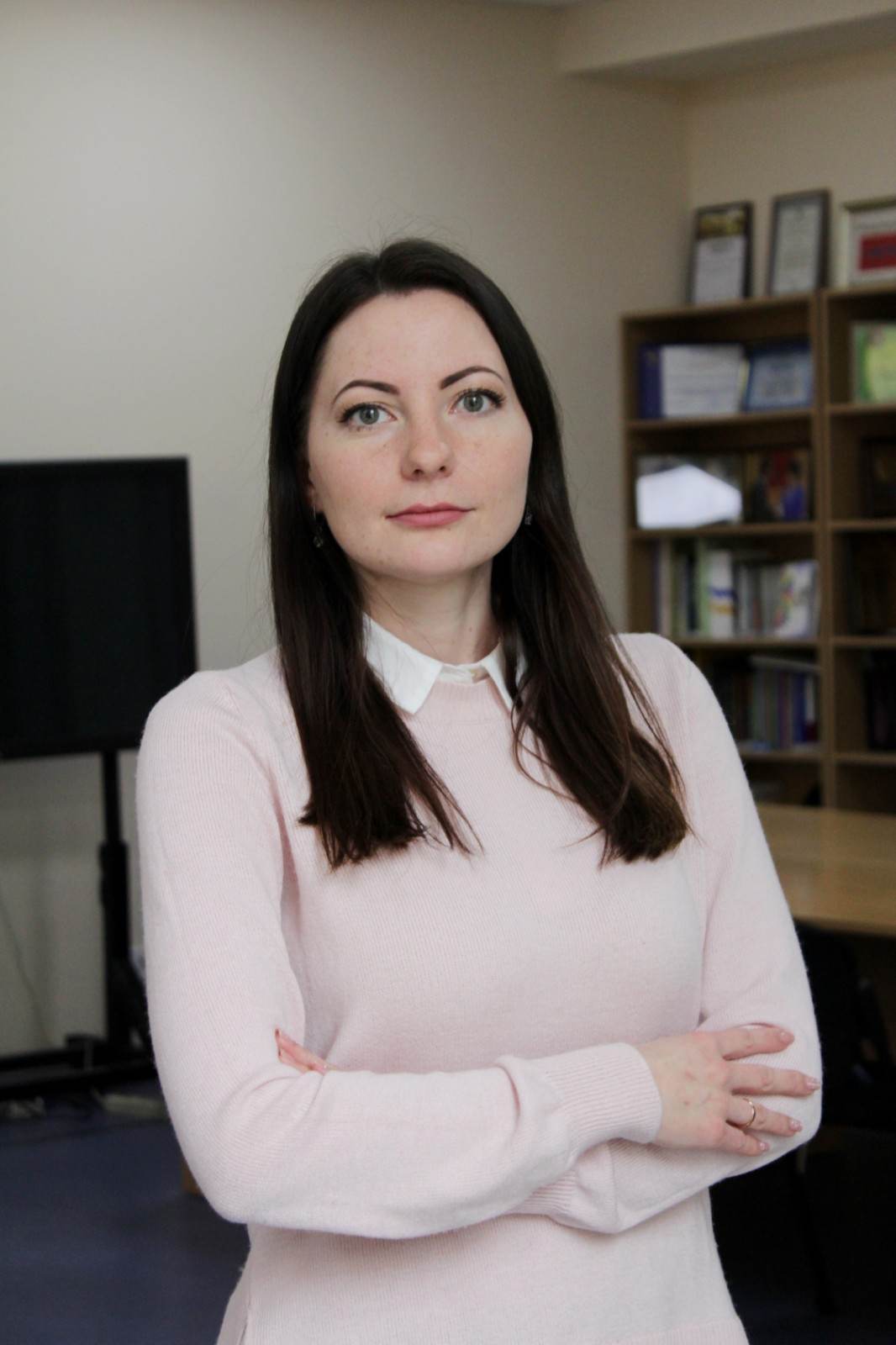‘I still have this picture in my head - I enter the torture room, on the left a man beaten all over is hanging on wires, and on the right - a Russian military man sits, calmly writing down his testimony... And you know, that smell of a wet rag soaked in blood... I still feel it,’- 17-year-old Vlad Buryak recalls his 90 days in Russian captivity. In April 2022, the Russian military took the boy out of a car and kidnapped him at one of the checkpoints on the road from occupied Melitopol to controlled Zaporizhzhia, where his father was waiting for him.
The story of this crime was covered intensely by the world media. Thanks to publicity and international cooperation of the ‘Missing Children's Search Service’ of the all-Ukrainian public organization ‘Magnolia’, after three months Vlad Buryak returned to his family.
‘In this case, we used all 20 years of experience in searching and networking,’- Marina Lypovetska, head of the ‘Missing Children's Search Service’ of the NGO Magnolia, a member of the board of the European Federation of Missing Children Europe, comments, - ‘It was important to create enormous international pressure on the kidnappers in order to destroy their propaganda theses like ‘we do not kidnap Ukrainian children, but rescue, evacuate and adopt them’. The whole world found out: the Russians really kidnapped the child and were also blackmailing his father,’- Marina says.
In the end, the kidnappers retreated and the father, accompanied by the Ukrainian police, was able to take his son away.

- ‘We cried when we received the video on July 8 in which Vlad was being let out of the car and he crossed the demarcation line and hugged his father. The next day was my birthday and it was the best gift in my life,’- the head of the ‘Missing Children's Search Service’ says.
How many young Ukrainians the occupiers kidnapped and took away, Magnolia cannot say for sure at the moment. However, according to Marina Lypovetska, during these 9 months of the full-scale invasion, the ‘Searching Service" received more than 2,600 calls - this is more than during all 20 years of the organization's work. Magnolia found 600 children. The same number of cases was classified as ‘excitingly risky’ by the NGO.
‘These are cases when a child disappeared himself, or we received information about murdered parents whose children disappeared. These are also international cases when children crossed the border on their own. For these cases, we used all our information dissemination measures and even involved bloggers,’- Marina explains.

From the first days of the war, she and her team did not stop their work. In March, an enemy missile damaged the ‘Magnolia’ hotline, and it was impossible to restore it due to the constant shelling. VGO was left without communication and donor funding. Sitting in the basement, Marina and her colleagues wrote grant applications and looked for alternative resources to continue their activities.
‘We were bombed, but the four of us received and processed appeals from people 24/7, because we understood that the times have come when we are needed more than ever before,’- the head of the ‘Missing Children's Search Service’ says.

Thanks to the support of ISAR ‘Ednannia’, NGO ‘Magnolia’ was able to switch to online consulting and application acceptance tools, as well as strengthen its team with specialists in administration, communication and establishing cooperation with European colleagues.
‘...When I understand that children disappear not because they have quarreled with their parents and left home, but because a missile hit the house, and it is not known whether they survived, or the parents thought it would be better to send the child to the village, but the Russians came and the children found themselves under occupation, I do not question myself whether to continue working or not. And I have never done it, because for me it's a mission, and I simply can't do it any other way,’ - Marina Lypovetska explains her decision to stay in Ukraine.

According to her, the biggest challenges for the public sector and the entire Ukrainian society to face lie ahead, after the Victory. In the course of time, all deported and evacuated children will need to be returned, including the children of boarding schools taken to the Russian Federation and Europe.
‘There are no institutional forms of education in Europe. And so the war ends, I have no doubt that it will be our Victory, I believe that it will be soon, but the more time the children spend there, the more they get used to temporary families... And what will be better for them? And how to return, for example, to relatives - grandparents, children whose parents were killed, and they themselves were abducted, changing their names and surnames?’ - Maryna Lypovetska states. She also adds that searches in Russia are complicated by the lack of organizations and volunteers ready to cooperate.
‘Magnolia’ is convinced that now, more than ever, it is necessary for the Ukrainian public, authorities and international partners to be a united front in the fight for children's future.
